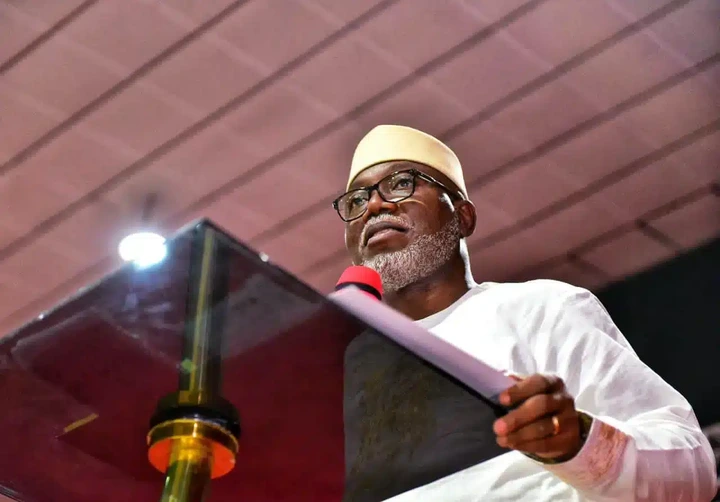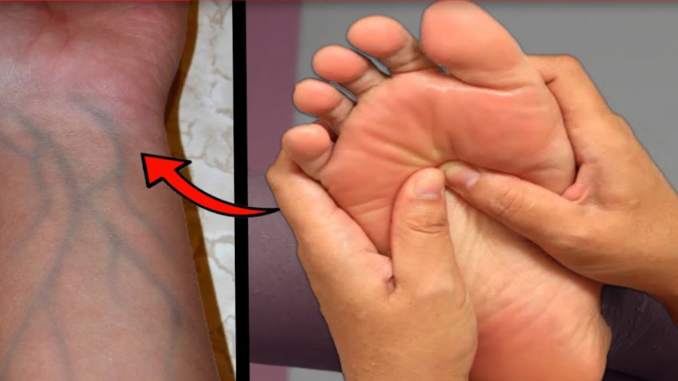Do you often feel overwhelmed by society’s focus on productivity and accomplishments? As a physician and researcher, I was convinced that building my resume should be the top priority.
However, in 2013, my body started to develop random physical symptoms that changed my career path dramatically. Because I could no longer work as an ER physician, I shifted to studying wisdom, interviewed 60 wise adults, and published the book Common Wisdom with the goal of helping others gain new perspectives. Whether I liked it or not, my situation taught me four ways to focus more on being and less on doing.
Similar to most Americans, I used to be obsessed with work. It was productive, safe, and expectable. After completing my residency training in emergency medicine, I completed three additional years of advanced studies aimed at learning about and publishing research. Instead of seeking a healthy life balance, I was focused on publishing more and serving as an editor for scientific journals. This “always doing more” approach was really unhealthy.
When I finally realized that my days as a clinician were numbered, I was no longer concerned about resume-building and being published in journals. Instead, I was in survival mode. As odd as it sounds, it was my body telling me to slow down that allowed me to better appreciate my surroundings. I let go of my focus on the future and shifted to appreciating the here and now.
While my health challenges are more extreme than most, you don’t need a drastic change to get a wake-up call. Here are four ways that you can be more present:
1. Stop and Be Grateful to Gain New Perspectives
If you are in the middle of doing something or running an errand, give yourself time to pause and be grateful. Think about stopping to find joy in the simple things. It’s not about wasting time, but stopping to reflect.
If you take a break for less than a minute, you can gain insights by paying attention to what you are doing. Be mindful. It can be as simple as asking yourself reflection questions for a minute. Think about what makes you grateful for that moment, and it can completely change your perspective.
2. Look for the Colors of the Rainbow to Inspire Creativity
Take a minute to look around and pay attention to your environment. To bring more joy to your life, a good practice is to look for items that are at least four or five colors of the rainbow. While this exercise may seem silly, a rainbow often symbolizes hope, new beginnings, and peace.
So take a time-out and notice your surroundings. For example, I was recently in a store and noticed someone wearing a red shirt. The floor was yellow. The counter was green, the cash register was blue, and there was a purple pen on the counter.
Simply looking for the colors of the rainbow can increase your focus on the present and help connect you with both the natural and spiritual worlds. It can also inspire creativity and curiosity, which are important wisdom skills.
3. Breathe Deeply to Reduce Anxiety
As simple as it sounds, deep breathing activates your parasympathetic nervous system, which is a part of the nervous system that regulates your “rest and digest” functions. It gets you out of stress mode and sympathetic fight, flight, or freeze mode. Breathing deeply is a simple and powerful way to reduce your anxiety and pain levels. It’s something that can give you a greater sense of calm and peace and help you sleep better.
4. Take a Mental Picture of Your Surroundings
Many people don’t remember the details of an event, but can often recall how it made them feel. Recently, I was with someone at a restaurant whose primary concern was seeing the menu and ordering. In reality, they will rarely recall the food they had, but will remember the place and the feeling it gave them.
Creating a “mental picture” only takes a few seconds, but it can last a lifetime. So the next time you meet people for a dinner, event, or walk, focus more attention on being present by expressing compassion and enjoying your time together.
In our warp-speed world, “being” is much harder than “doing.” Yet it’s being present in the moment that will make you feel more like a human and less like a robot. It’s being aware of your feelings and surroundings that will allow you to better understand the meaning and value of any situation. It’s being present that will engage your emotions and let you connect more with humanity.
When you think about your most memorable moments, they’re likely to involve a sense of being. So the next time you start thinking about your resume, stop! Instead, every time you meet friends and family for a visit, travel to a new city, or do a task, think about how the experience made you feel. Then think about how you can be more present and do less. As a result of this mindset shift, you will increase your wisdom and gain perspective on how to live a more meaningful and healthier life.

 Entertainment4 months ago
Entertainment4 months ago
 Politics4 months ago
Politics4 months ago
 Breaking News5 months ago
Breaking News5 months ago
 Breaking News5 months ago
Breaking News5 months ago
 Breaking News6 months ago
Breaking News6 months ago
 Breaking News6 months ago
Breaking News6 months ago
 Breaking News6 months ago
Breaking News6 months ago
 Breaking News6 months ago
Breaking News6 months ago


